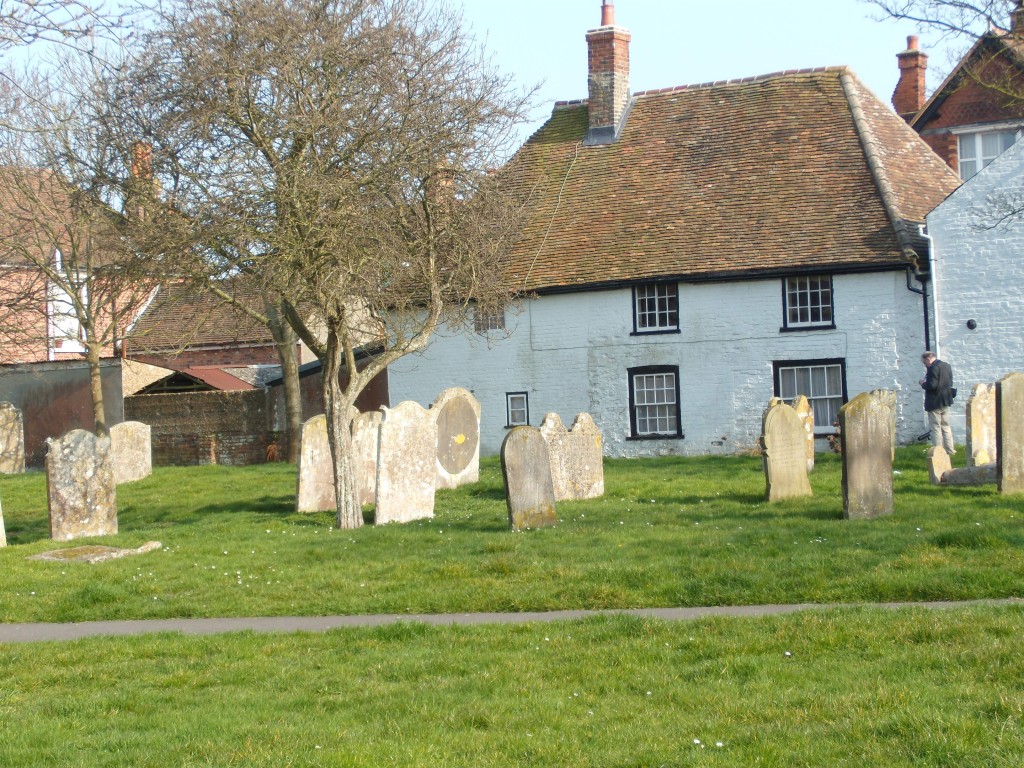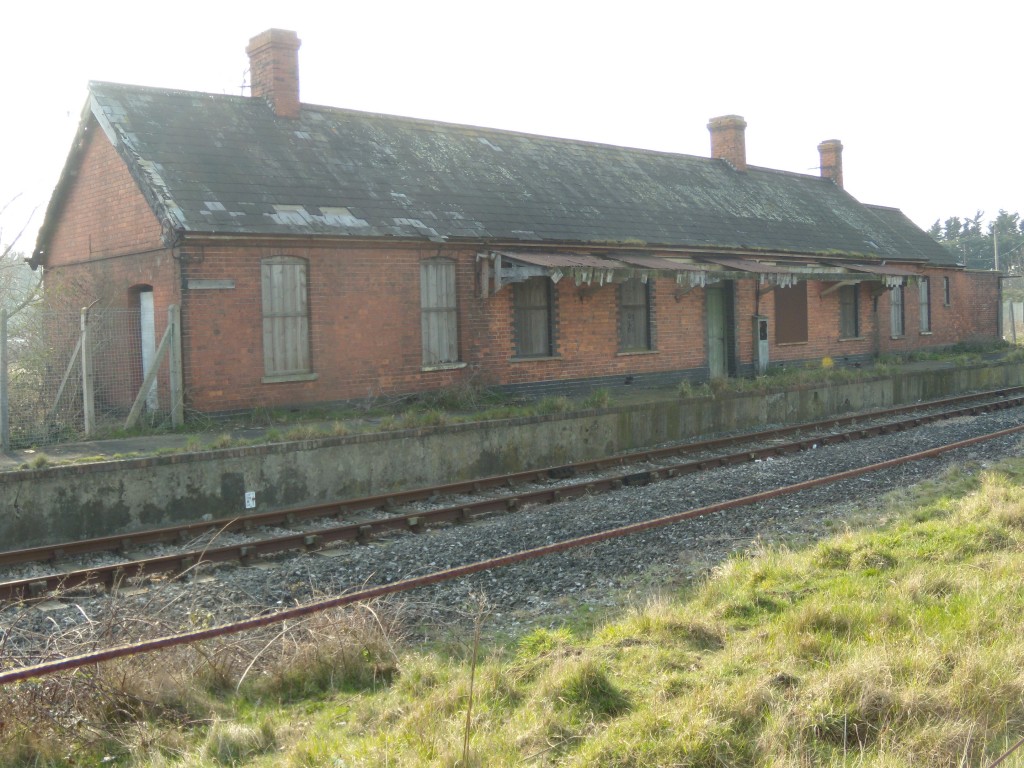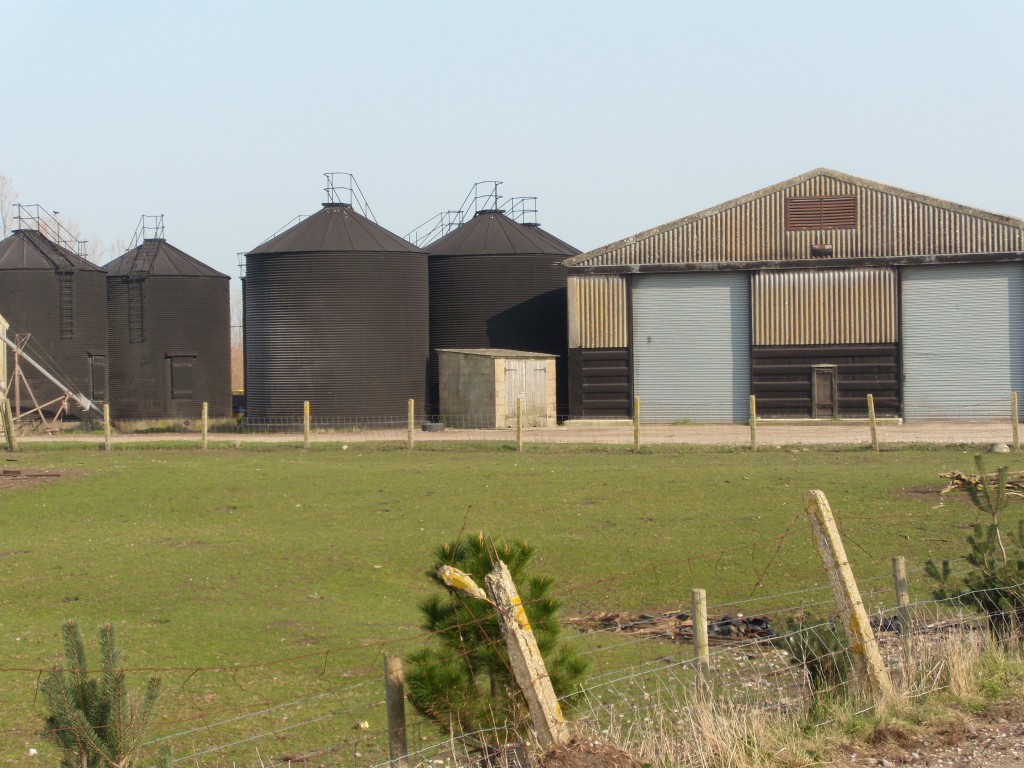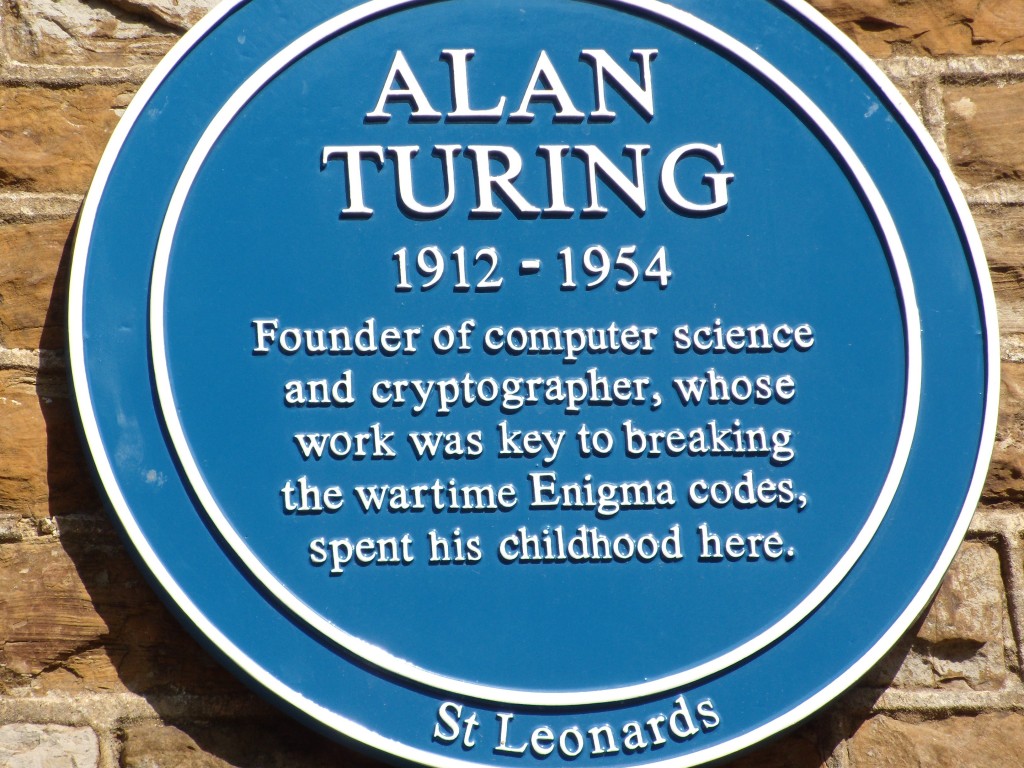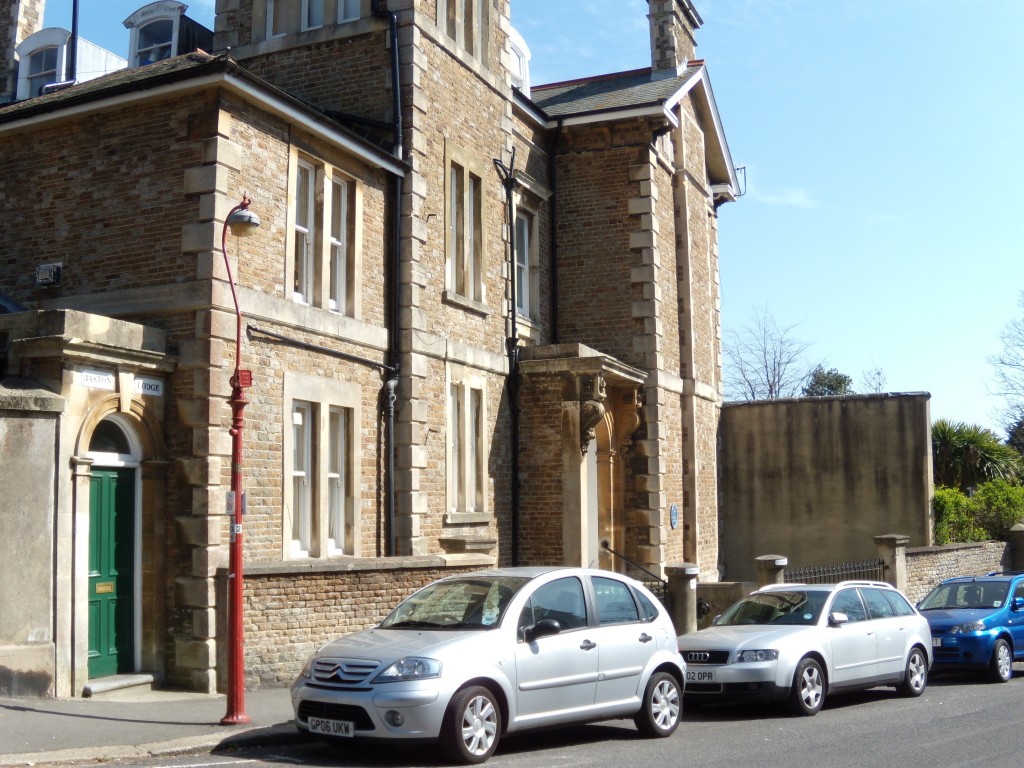Lydd is a small town in Kent, positioned more or less exactly at the centre of the Romney Marshes. There are no major roads that go near it. Its railway station, Lydd Town, was closed to passenger traffic in 1967.
There is an airport at Lydd, named somewhat bizarrely as London Ashford, that operates scheduled weekend flights to Le Touquet. Cottages backing on to the churchyard and in the High Street date from the 15th century. The church tower is one of the tallest in Kent.
It’s a beautiful little town, precisely because it’s miles from anywhere with no through roads. It is a place I loved on sight, a place I instinctively felt was special to me. It came therefore as both a shock and not a shock to learn that I narrowly missed growing up there.
When I described my enthusiasm for Lydd to my mother, soon after my first visit there in 2007, she told me that she and my father very nearly bought a house there, back when we moved south from the Midlands in the early 1970s. ‘We were both very keen to buy it,’ she said. ‘Only in the end we decided it would mean too much driving for your dad because the place was so isolated.’ My father was on the road six days a week then, repping for Bovril and Marlboro and then Domecq Sherry. He would have had to drive the best part of an hour from Lydd, simply to get to where he needed to be to start covering his area. We moved into a house in Ashington, West Sussex, instead.
So Lydd was lost to me, but now feels doubly special. I can never know, but still like to think of what my alternate childhood might have been like: those cottages around the churchyard, those unchanging, narrow lanes, the endless marshes.
It feels right. Perhaps that’s why the place worms its way ever more insistently into my fictions.
The novel has been undergoing a sea change – literally. No doubt I’ll be writing about this in more detail at some point but for now let’s just say I’ve dumped a lot of words and am in the process of writing new ones. Likewise, this feels right, and not unconnected.
Listening to: Schnittke’s piano quintet.
Just about to start reading: Jonathan Lethem’s Motherless Brooklyn. I have his new book of essays to read as well. I loved The Disappointment Artist.
